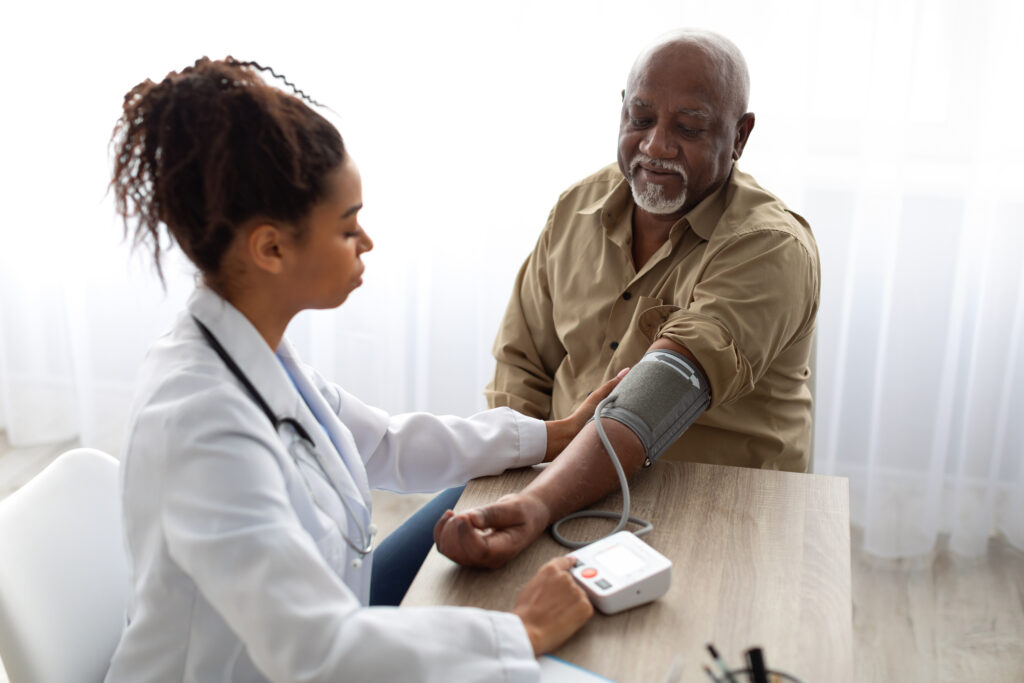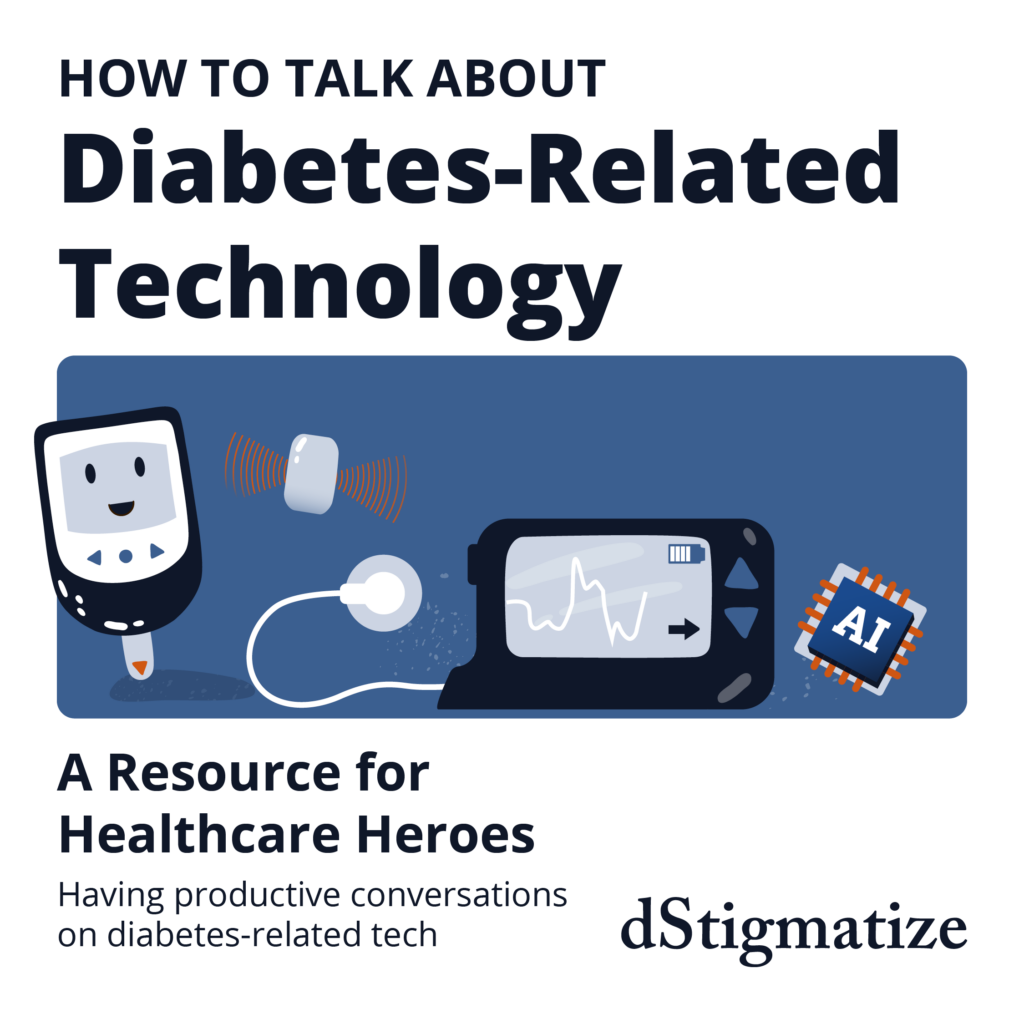Understand the impact and signs of diabetes distress Nobody describes living with diabetes as a walk in the park. It is, however, very common to hear people with diabetes describe the condition as overwhelming, frustrating, and exhausting. Diabetes distress is defined as the worries, concerns and fears among individuals with diabetes and their family members […]
Let’s Talk: Diabetes Distress and Burnout








